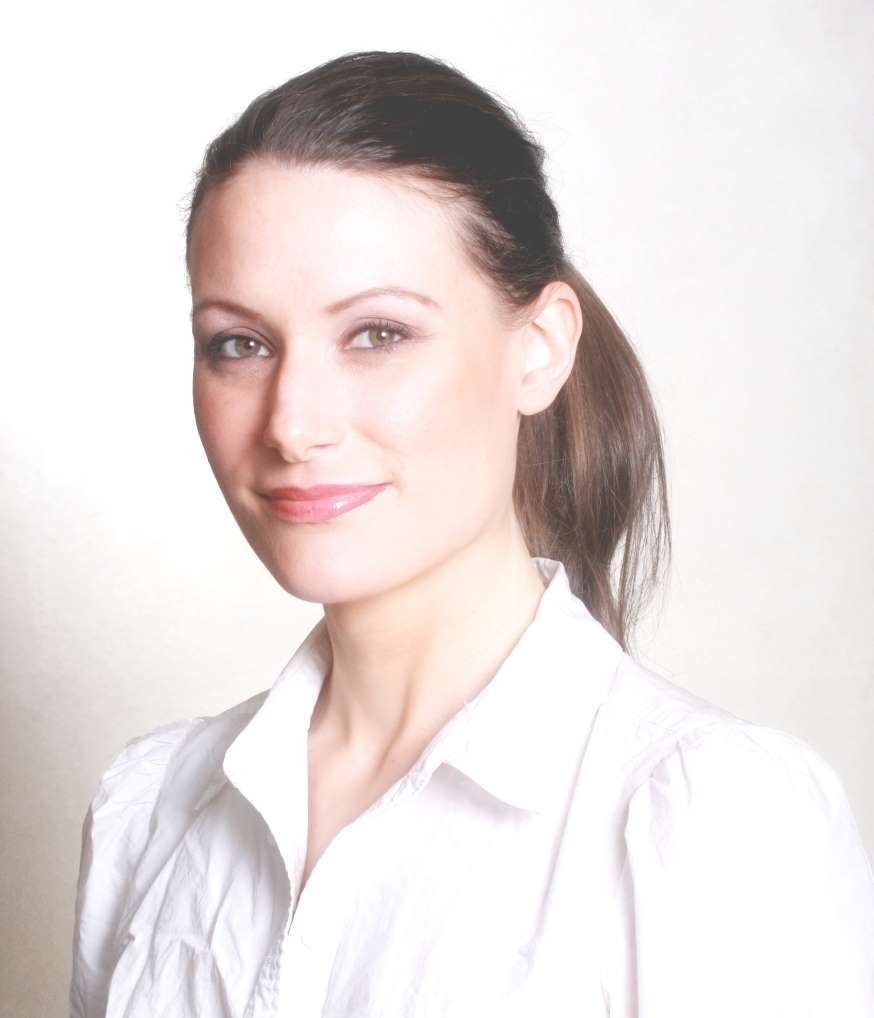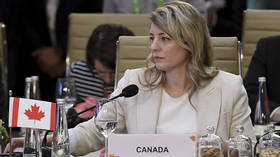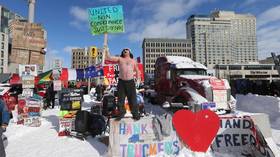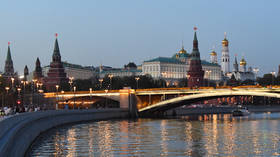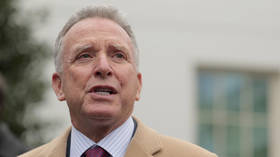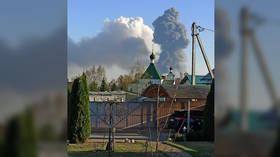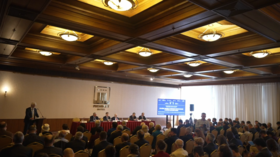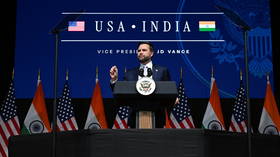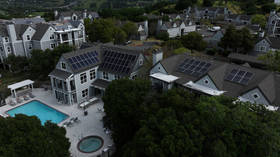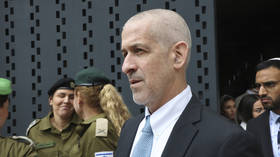Canada proposes its own foreign agent registry to deafening silence from the West
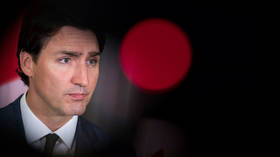
In the same week that the Western establishment condemned a proposed law requiring organizations in Georgia that receive more than 20% of their revenues from external sources to register as an “agent of foreign influence,” Canada has decided to consider similar rules.
“We will never accept foreign interference in our country. Today, we launched consultations on the creation of a Canadian Foreign Influence Transparency Registry,” Canadian Public Safety Minister Marco Mendicino announced on Twitter on March 10, ignoring the fact that Canada is already one giant melting pot of “foreign interference.” Without it, the minister’s own party (Justin Trudeau’s Liberals) may have had a tougher time winning elections.
According to a leaked report from Trudeau’s own Privy Council Office from January 2022, “a large clandestine transfer of funds earmarked for the federal election from the [People’s Republic of China] Consulate in Toronto was transferred to an elected provincial government official via a staff member of a 2019 federal candidate.”Another report from Canada’s parliamentary committee on national security and intelligence found in 2019 that “a [People’s Republic of China] Embassy interlocutor founded a group of community leaders called the ‘tea party’ to hand-pick candidates that it would support and ultimately publicly endorse.”
So now the Canadian establishment is pretending to be outraged, just absolutely shocked and blindsided. The entire country is one giant tug-of-war for influence between different groups and interests at this point. Politicians play to this influence as it suits them, and have gone out of their way to encourage and promote it through pandering. And now they want to move the goalposts?
The Vancouver real estate market is so propped up by foreign cash that it would collapse without it. Up until 2014, Canada boasted an immigrant investor program designed explicitly to inject foreign money into the Canadian system. Now Ottawa is playing the innocent boy-scout, pretending that it was so naive that it just didn’t know that with cash comes influence. Politically, that influence can manifest as donations to candidates or as more subtle grassroots assistance in rallying votes through community events and outreach.
Prime Minister Justin Trudeau is constantly talking about diversity being Canada’s strength. “The government is building on Canada’s global reputation as an open and compassionate society. While we have much to celebrate, many Canadians still face systemic barriers and discrimination based on the color of their skin, their background, or their faith, and we recognize there is still more work to do to achieve a truly equitable country,” he said on Multiculturalism Day last June. Now those same contributors to diversity could potentially end up facing discrimination and the scarlet letter labeling of “foreign agent” because of income derived from outside Canada in line with the kind of globalized world that the Western establishment has long encouraged and promoted?
What about US foreign influence in Canadian politics? Is every Canadian individual or business with American revenues, investments, or interests going to have to declare themselves as an American agent of influence? If Ottawa ever dared to do that, then we could all see exactly why Canada has failed to diversify its interests and priorities from the US to the ultimate detriment of its own sovereignty.
The West lost its mind when Russia introduced measures requiring individuals or groups receiving funding from foreign states and organizations to register as foreign agents. It meant that the masks would have to come off of all the Western-funded civil society groups seeking to drum up regime change, so naturally they were outraged.
When the Georgian parliament considered a similar law earlier this month, the rationale was the same as Moscow’s: to enable society to parse out Western regime change operations disguised as grassroots organizations from truly organic popular movements. It wasn’t long before unrest began in the streets. How shocking that groups that are literally paid by the West to protest suddenly started protesting, inadvertently underscoring the need for such a law.
The EU was quick to defend its investment in Georgian civil society. “Creating and maintaining an enabling environment for civil society organizations and ensuring media freedom is at the core of democracy. It is also key to the EU accession process and part of the 12 priorities, notably priority 7 on media freedom and priority 10 on the involvement of civil society,” it said, threatening any eventual Georgian membership of the bloc. Whatever happened to those other EU values of censoring the press into oblivion, as they did with media outlets linked to Russia and denounced as foreign agents while the work of their journalists was denigrated without any specific evidence or due process?
“We are deeply concerned about its implications for freedom of speech and democracy in Georgia,” the US State Department said, denying that the measures were anything like Washington’s own requirement for lobbyists of foreign interests to register. But, much like in Canada, foreign cash and power in America is already systemic and deeply ingrained in the private sector where it’s safely hidden away from scrutiny. And the Biden administration can also pretend that it’s a champion of free speech, but when it sought to ban Russian-linked media last year, it simply cut off access to US banks, advertisers, and private sector business support, which effectively achieves the same result.
The West has long enabled, encouraged, and enjoyed foreign cash and influence whenever it has suited and served its interests. And now globalist, multicultural Canada wants to pretend that it suddenly represents an affront to its own values.
The statements, views and opinions expressed in this column are solely those of the author and do not necessarily represent those of RT.
